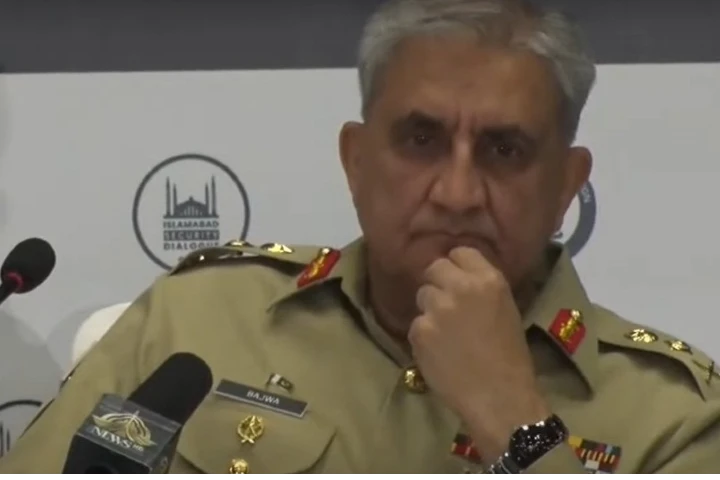Will China-Pakistan ties get somewhat strained as Pakistan under the Shehbaz Sharif government is now actively making an all-out effort to boost relations with the US? China’s concerns are rising as Islamabad intensifies its dialogues with Washington, the largest shareholder of the International Monetary Fund (IMF). Pakistan is expecting the IMF to extend a bailout package by the end of this month.
Pakistan’s military chief, General Qamar Javed Bajwa has sought the US’ support in securing the IMF loan. In Fact, Bajwa, last month even spoke to Deputy US Secretary of State Wendy Sherman on the issue. Not just that. Within days of taking charge as Pakistan’s Finance Minister, Miftah Ismail paid an official visit to Washington.
If the reports about Pakistan asking help from Washington are true, it raises concerns that the US might take the opportunity to exert political pressure on Pakistan, Beijing based news organisation Global Times said. “For a long time, the US and its allies have been intensifying political pressuring on developing countries like Pakistan, causing a new economic dilemma for them,” it added.
The IMF, among its many demands, asked Pakistan to renegotiate the deals under the China Pakistan Economic Corridor (CPEC). According to reports, the multilateral lender has also asked Pakistan not to borrow more from China.
“It is important to note which way the country’s military is tilted, what position Bajwa holds is more critical for any decision of these kinds,” Abhijnan Rej, researcher and consultant focusing on Asian security and geopolitics told India Narrative.
Rej also said that the going between China and Pakistan has not been “very smooth” in the recent past. “Though openly, the two have been reiterating their commitments to support each other, things are not the same as they were in the past,” Rej said, adding that the delay in the execution of the CPEC project has also led to straining of ties.
Pakistan, which has been placed on the Financial Action Task Force (FATF) grey list in June 2018, is also trying to get out of it. An independent think tank in Pakistan Tabadlab earlier estimated an economic loss of a whopping $38 billion for the country on account of the FATF grey list.
Pakistan also provides a platform to the US to make a comeback in the region after its messy exit from Afghanistan a year ago.
A detailed report published by India Narrative on August 9 noted that from a geopolitical perspective, the Americans have been virtually thrown out of Central Asia, creating a power vacuum which regional powers are jostling to fill. “Washington is now attempting to claw back a foothold in AfPak, presumably with the active support of Pakistan, their old partners in crime,” the report said.
Under Pakistan's former prime minister Imran Khan, ties with Washington had nosedived as his sole focus was on China. But the cash strapped South Asian nation is now aggressively trying to mend relations with the US.
Also read: After Ayman Al Zawahiri, did Pakistan and the US work together to kill TTP leader Khorasani?
Will Pak Army Chief Bajwa or his successor reconcile ties with India?




















